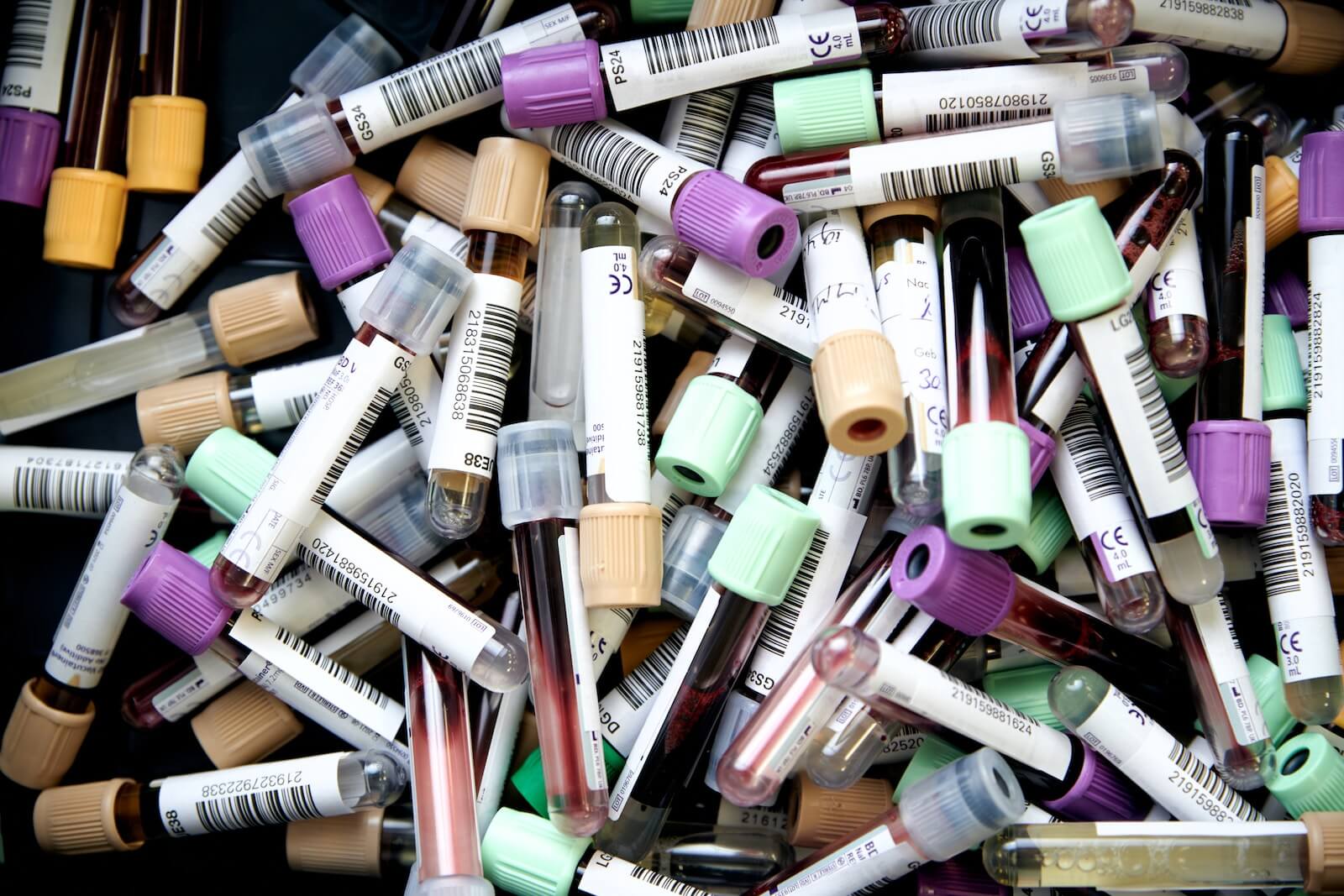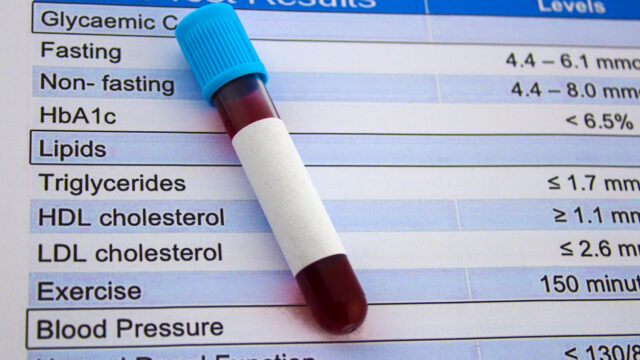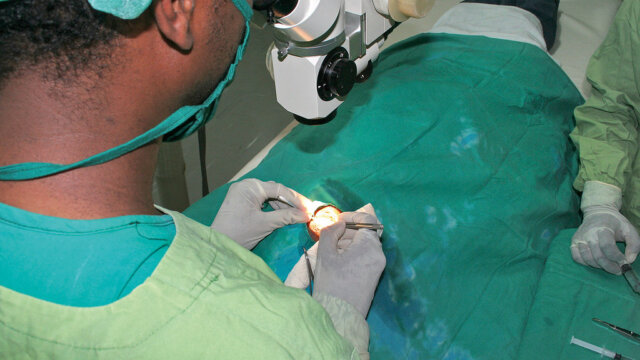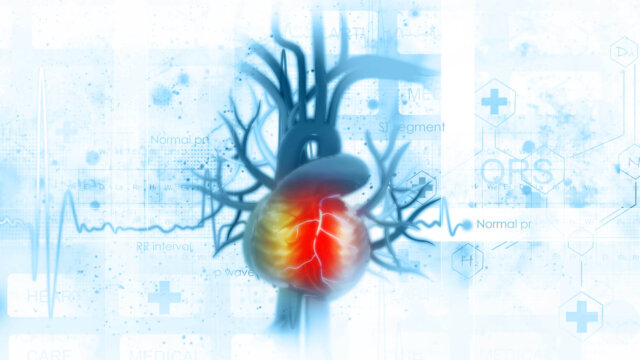FTC disclaimer: This post may contains affiliate links and we will be compensated if you click on a link and make a purchase.
It is one of the most widely ordered tests by physicians, as it can provide valuable insight into your overall health status.
This type of blood test looks at multiple components, such as red blood cells, white blood cells, hemoglobin, hematocrit, and platelet count.
By running this analysis, doctors can diagnose ailments like anemia or infection; they also use it to monitor treatment efficacy or check any adverse reactions after taking new medications.
In other words, a CBC provides medical professionals with essential information that helps them accurately diagnose their patients fast & effectively – without delay!
Understanding the Importance of CBC: Blood Test and Hematology Tests
It’s vital that all healthcare workers comprehend the importance of CBC (Complete Blood Count) and various hematology tests.
This is a collection of examinations that measure red blood cells, white blood cells, platelets, hemoglobin, as hematocrit levels in your system. It can also be called a “metabolic panel” or “blood workup.”
The results it produces provide loads of information about how healthy our body systems are functioning.
It provides hints to diagnose illnesses early on and might even warn us for underlying risks such as potential anemia or leukemia diseases!
A CBC, or complete blood count, is commonly included in routine physicals for both adults and children. This test can also be used to monitor the effectiveness of treatments such as chemotherapy or radiation therapy since it tracks changes in the blood, which may signal that treatment impacts bodily systems.
Additionally, this tool helps measure any blood loss from trauma or surgery so doctors can adjust their treatments quickly if necessary; keeping track of these results beforehand ensures potential issues don’t worsen over time.
The exact tests involved with a CBC depend on age and health conditions but typically include measurements involving red cell (RBC) and white cell counts (WBC), platelet levels (PLT), hemoglobin concentration (Hb), hematocrit values (HCT) along with mean corpuscular volume calculation (MCV).
Suppose your doctor suspects an infection or abnormal condition like cancer/leukemia/thrombocytopenia. In that case, they may order extra testing – knowing your CBC results provide insight into how all parts of your body’s system function, plus whether underlying medical problems need immediate attention.
Understanding Complete Blood Count

Complete blood count is also known as full blood count in some countries. A doctor will order This very common blood test for you. There are many reasons to order this test; in this post, we will discuss the most common ones.
On your complete blood count results, you will find many terms like;
- Red blood cell (RBC) count
- Hemoglobin
- Hematocrit
- White blood cell count (WBC)
- WBC differential
- Platelet count
- Mean platelet volume (MPV)
- Reticulocytes
- Mean corpuscular volume (MCV)
- Mean corpuscular Hb (MCH)
- Mean corpuscular Hb concentration (MCHC)
- RBC distribution width (RDW)
We will describe these terms in detail below. We will also mention the normal values of each test, though it’s important to know that every lab has its own set of normal values, which may differ from these.
Red blood cell count
This is a very important part of a complete blood count test. It shows the actual number of RBCs per volume of blood. The normal range would be 4.2-6.9 × 10/mm³. This test is used to detect any conditions like;
- anemia
- pancytopenia
- polycythemia
- hematologic malignancies
Hemoglobin
This is a protein that carries oxygen in the blood. The normal values differ with sex;
- males; 130-180 g/L
- females; 120-160 g/L
This is a very important test to detect any conditions like anemia and polycytopenia. This is a very common test that almost everyone will encounter in their lives.
Hematocrit
This is also part of the complete blood count (CBC). It is a percentage of a given blood volume occupied by packed RBCs. The normal values also differ with sex;
- males; 45-62%
- females; 37-48%
Doctors will usually use it the same way as above to help detect any anemia, pancytopenia, and other conditions listed above.
White blood cell count
This test shows the actual number of WBCs per volume of blood. The normal values would range 4.3-10.8 × 10³/mm³. White blood cells consist of;
- neutrophils
- eosinophils
- basophils
- lymphocytes
- monocytes
This is a very important part of a complete blood count to detect and assist in the management of these conditions like;
- leukemia
- lymphoma
- infections
- autoimmune diseases like rheumatoid arthritis
- HIV
White blood cell differential
This test is similar to WBC. It will detail how to differentiate the quantity of different white blood cells mentioned above.
This is very important because some conditions, like infections, will only affect the number of lymphocytes, and the rest of the WBC would be normal.
Platelet count
This is an actual count of platelets per volume of blood. The normal value range would be 150-400 × 10³/mm³. This is important to detect any abnormalities like;
- thrombocytopenia (low platelets)
- thrombocytosis (high platelets)
Mean platelet volume would measure the actual size of the platelets.
Reticulocytes
These are immature RBCs that contain no nucleus. This test is very useful in making a diagnosis of the causes of;
- anemia
- some cancers
- kidney failure and other conditions
Mean corpuscular volume
This is a measurement of the actual size of a red blood cell. This is an important part of the complete blood count to help diagnose and find the cause of anemia.
The normal MCV is 80-100 µm³. This test would be able to differentiate the 3 types of anemia;
- microcytic anemia (MCV <80)
- normocytic anemia (MCV 80-100)
- macrocytic anemia (MCV >100)
The Mean corpuscular Hb (MCH) and Mean corpuscular Hb concentration (MCHC) would be used similarly to the mean corpuscular volume. The normal values of MCH are 27-32 pg/cell, and MCHC is 32%-36%.
Interpreting CBC Results: White Cells and Platelet Count Explained
Getting a complete blood count (CBC) during your regular health checkup is important. It will measure the amount of white cells, platelets, and other components present in your blood.
In certain cases, CBC may be used to identify conditions that need treatment or monitoring, such as leukemia or anemia. Interpreting these results can tell you more about your health at any moment.
The most critical test result numbers to keep an eye on from a CBC report are those related to white cell count and platelet count – they give us useful insights into our state of health, generally speaking.
Interpreting complete blood count results
White cells are a fundamental part of your body’s ability to defend you against infection and illness.
Usually, the number of white blood cells in one microliter (K/uL) should range between 4-11 K/uL; any higher or lower than this figure may indicate an issue with your immune system or an infection.
Platelets play a role in helping to stop bleeding when we’re injured by clotting our blood – usually, they will be present at levels ranging from 150-450 K/uL.
If platelet counts go too low, it could suggest problems such as hemophilia, chemotherapy treatment, autoimmune diseases like rheumatoid arthritis, and, more worryingly, cancer or liver disease if the level becomes too high.
Interpreting complete blood count results isn’t always easy though, so getting professional advice from medical professionals – doctors and healthcare providers – matters!
They can give greater insight into what changes might mean for us personally so we can take action sooner rather than later to ensure our long-term health remains good – after all, prevention is better than cure here!
Conclusion
In conclusion, the Complete Blood Count or CBC is an important blood test that evaluates our overall health. It looks at different cells in your body’s bloodstream, including white and red cells and platelets.
This kind of analysis can help detect issues like infection, dehydration, or even cancer down the line. Therefore, getting regular CBC results is essential to stay healthy long-term!








